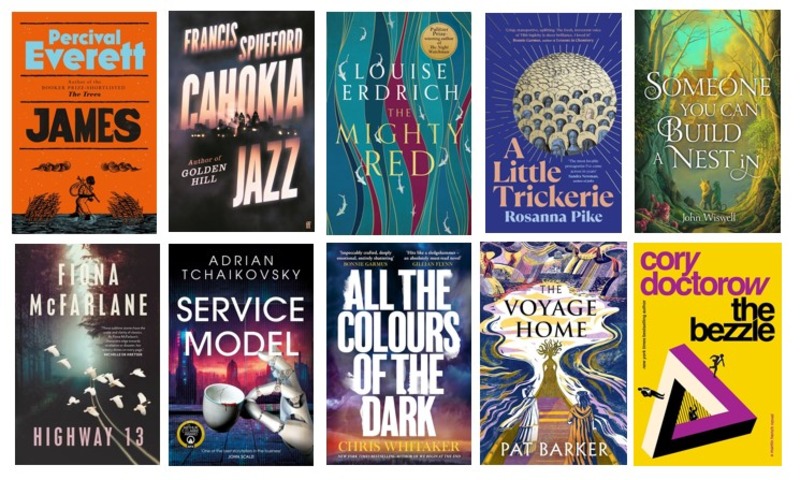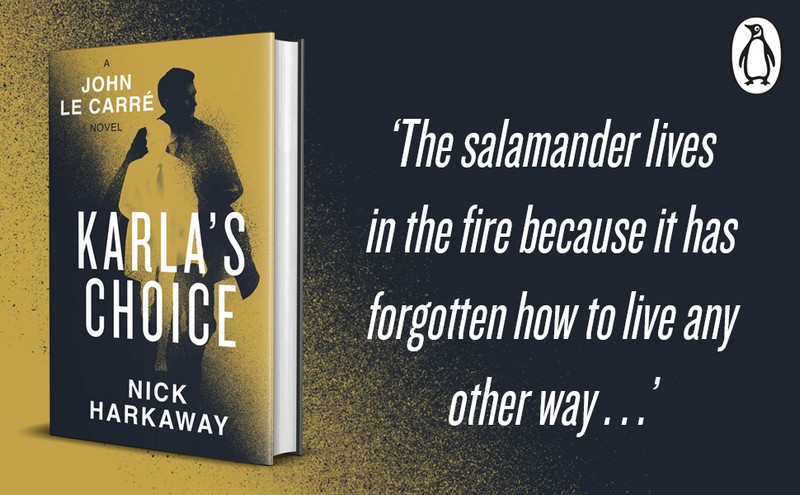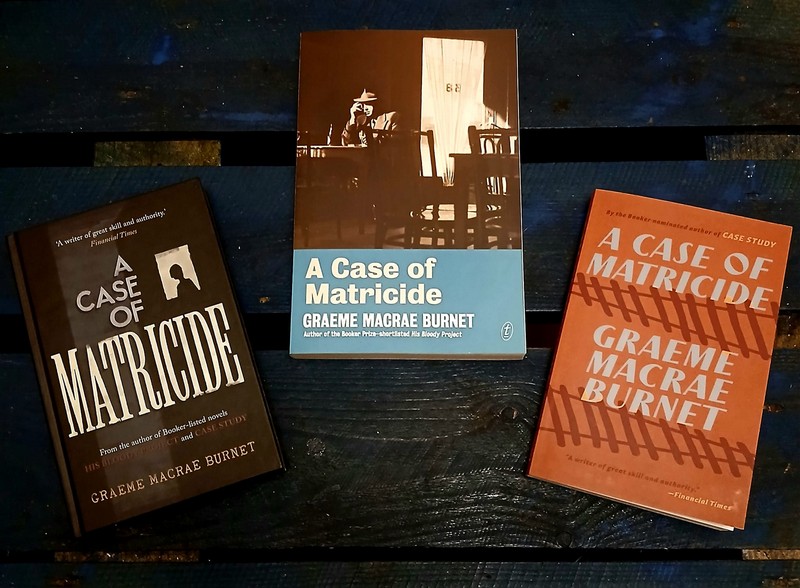 Christine Keighery comes from a long and successful career writing books for children and young adults into a decidedly adult book. The Half Brother, as the title suggests, sits firmly in the domestic thriller realm. That is, she takes recognisable social and family issues such as family breakdown, open relationships and forced adoption and explores how they can be weaponised.
Christine Keighery comes from a long and successful career writing books for children and young adults into a decidedly adult book. The Half Brother, as the title suggests, sits firmly in the domestic thriller realm. That is, she takes recognisable social and family issues such as family breakdown, open relationships and forced adoption and explores how they can be weaponised.
Sisters Stef and Hannah Fidler both have imperfect relationships. Stef has divorced from her husband Liam and he is still trying to exert some control over her, particularly in their negotiations over their two children. Meanwhile, university lecturer Hannah has decided she wants children but that is not on the agenda of her partner Rex, who has an adult son and is more interested in being not tied down. Their relationship, and their relationship with their parents Margaret and Jim, is thrown into relief with the appearance of Alex, the man who Margaret was forced to give up for adoption 56 years before and has now tracked them all down. Alex appears to just want to connect with his new family but it is very quickly revealed that he actually has revenge in mind for the life that he never had.
The Half Brother is essentially a study in manipulation, control and psychopathy. In the argument of nature versus nurture it strongly comes down on the side of nurture. It sometimes hints but is sometimes very blunt about the way Alex was raised and the effect that it had on him as an adult. So that reader’s patience with the material will depend on how much time they want to spend in the company of a sociopath and in following the way he deploys his power to get what he wants.
The Half Brother bases itself on what was a tragic situation – the removal of children from young single mothers in the 1960s – and a more recent capacity for those children to find their birth mothers. Keighery then asks the question: what if these reunions are not what everyone hoped they would be? It becomes a very confronting instrument for exploring a genuine social issue and ultimately spins into something more like a horror story than a psychological thriller.
Robert Goodman
For more of Robert’s reviews, visit his blog Pile By the Bed
Other reviews you might enjoy:
- Like Mother (Cassandra Austin) – book review
- The Last Woman in the World (Inga Simpson) – book review
- When We Fall (Aoife Clifford) – book review

Robert Goodman is a book reviewer, former Ned Kelly Awards judge and institutionalised public servant based in Sydney. This and over 450 more book reviews can be found on his website Pile By the Bed.



